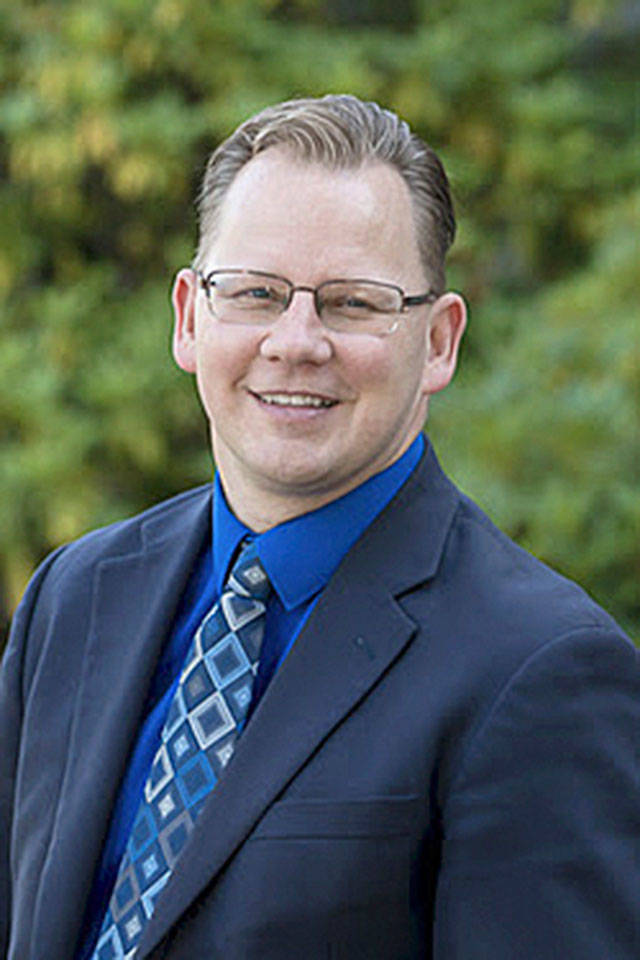Increasing equity in school nursing services. Investing in student health and safety. Closing the funding gap for serving students with disabilities. Retaining new educators by providing mentoring and other supports.
These are among the top priorities for state Superintendent of Public Instruction Chris Reykdal during the 2020 legislative session.
“The Legislature has made great progress in funding for K–12 education, but our state is still struggling to provide the programmatic, social, and emotional supports that our students need and deserve,” Reykdal said in a Monday news release.
“We battle every year for resources for our students and educators. This will be a short legislative session, so our opportunity is to continue making momentum on a few critical items, and then go after a larger proposal next year.”
Reykdal’s budget priorities center on the belief that every student must have access to a high-quality education in a school building that is safe.
A summary of the proposals:
Ensure students learn in safe and healthy environments
• Fully fund the statewide network of comprehensive safety supports that were put in place by the Legislature in 2019.
• Provide equitable access to nursing services for our small, rural schools.
• Increase the capacity for schools to hire staff to support the social and emotional needs of students and to engage families in culturally relevant and authentic ways.
• Provide the resources needed for seismic evaluations and repairs of at-risk school buildings.
Provide learning supports for students
• Continue enhancing funding for schools to serve students with disabilities through a model that will target funds to individual student needs and promote inclusion in the general education classroom.
• Support schools in their efforts to accurately identify and provide support to young learners who display signs of having dyslexia.
Provide robust supports for educators
• Increase supports and mentoring for all new educators, including teachers, principals, counselors, and more.
• Provide enhanced mentoring for teachers who teach students with disabilities.
• Fund ongoing professional learning for paraeducators.
• Research options for beginning a teacher residency program.
Re-imagine the school funding model
Our state’s current school funding model, which is used to determine how much funding and staffing each school should receive from the state, was created 10 years ago.
This year, Reykdal said he will propose to redesign that funding model using recommendations from the workgroup the Legislature tasked with deciding how to reform the model.
“Even at the time it was created, our current funding model was not enough to meet the various needs of our students and educators,” Reykdal said. “We cannot expect all of our students to succeed in an educational system that was not designed for them.
“All means all. We want all students prepared for post-secondary aspirations, careers, and civic engagement; but we cannot get there without transforming the system and thinking hard about the kind of schools we want our young people to grow up in,” Reykdal said. “To succeed, students need great teachers and curriculum, yes – but they also need access to social, emotional, and mental health supports, among many other things.”


